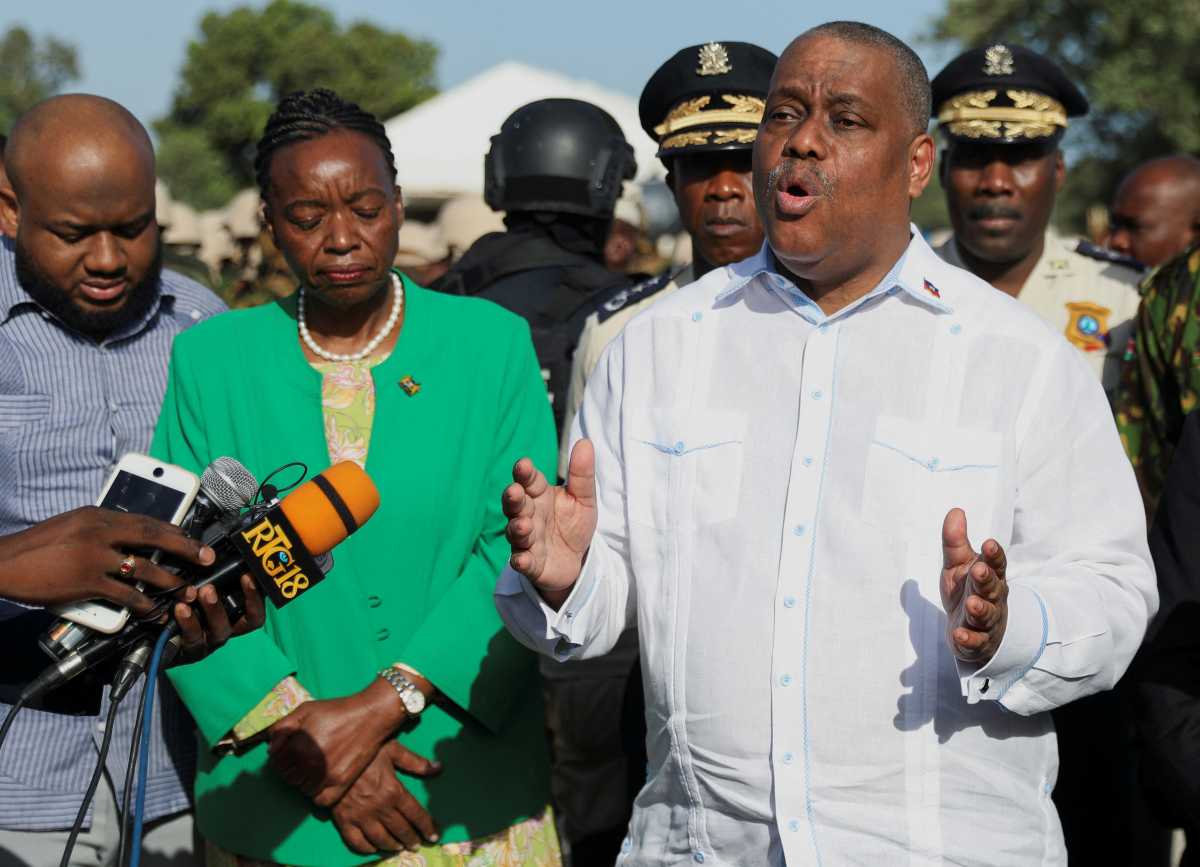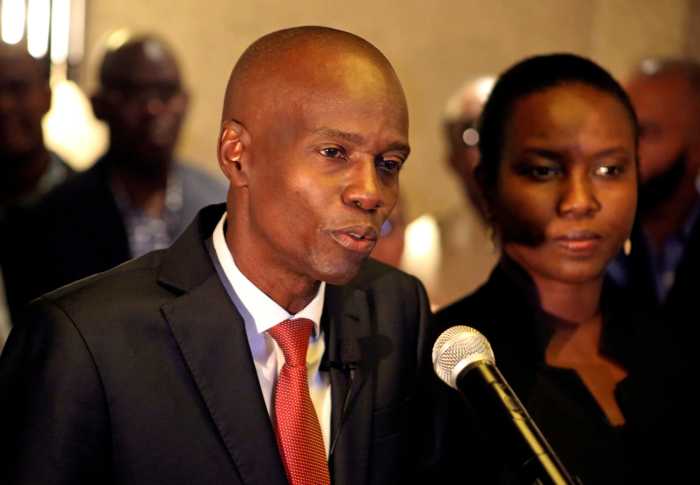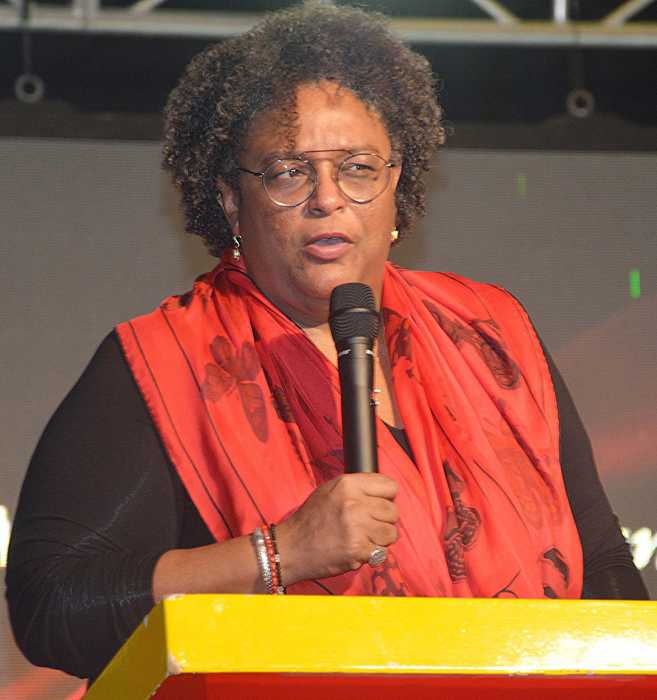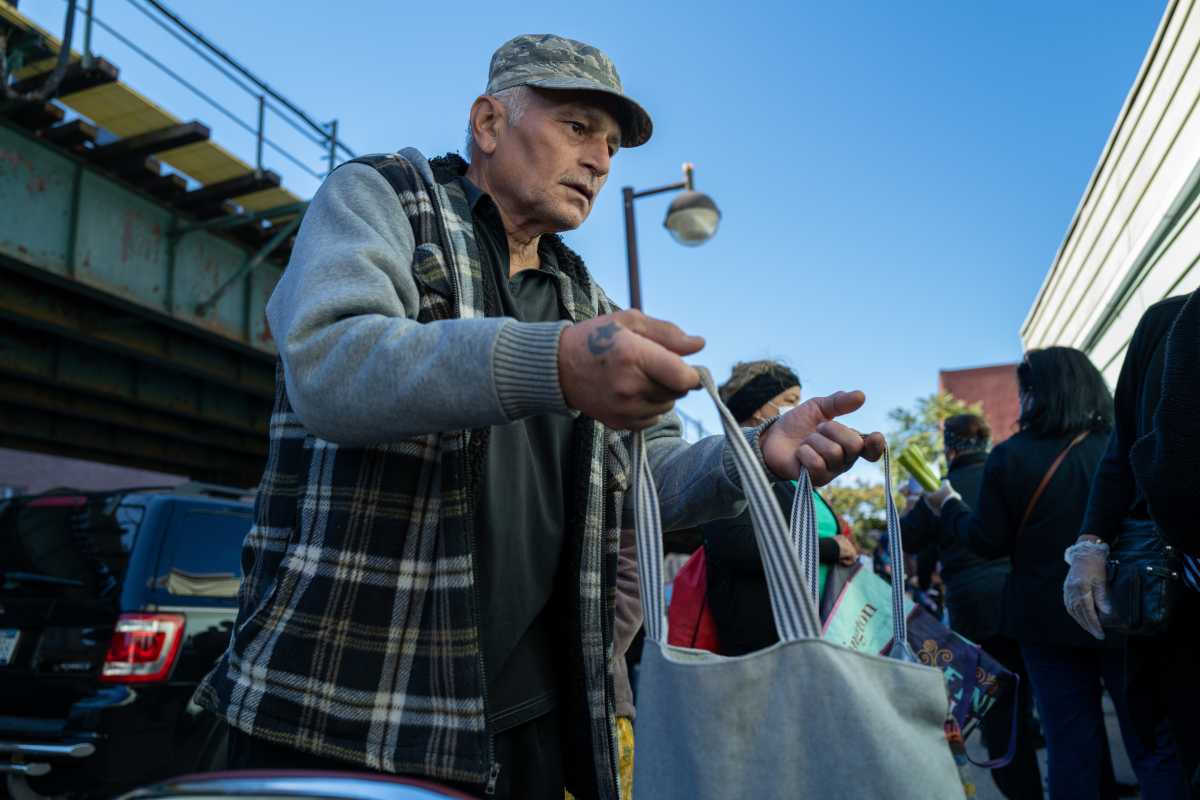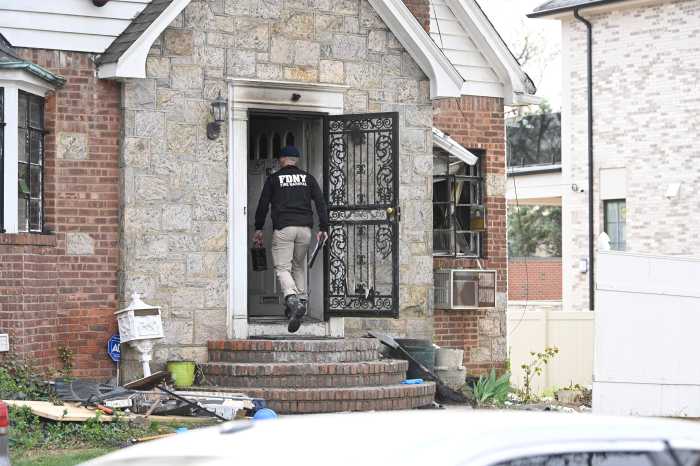A Caribbean Community team which along with regional leaders and western nations had recently helped member state, Haiti, put together an interim government as heavily armed gangs were causing mayhem in the capital, has been told that the much vaunted Kenyan police officers contingent has had little impact controlling violent crime.
The regional Eminent Persons Group (EPG) made up of former prime ministers Bruce Golding of Jamaica, Kenneth Anthony of St. Lucia and Perry Christie of The Bahamas spent a few days in Haiti in the past week to obtain updates on the situation there and appears to be disturbed by what came out of meeting with the cabinet and other stakeholders on the ground. Christie, who is recovering from a recent surgery, did not make the trip. The team was supported by senior CARICOM secretariat officials and advisers.
A secretariat statement stated on Wednesday that Prime Minister Garry Connille’s administration is in panic mode regarding the lack of money and resources available to the government and the Kenyan force of about 400 police officers. He said this has helped to undermine the ability of the state to improve security. He said all were of the opinion about “the lack of impact of the presence of the Kenyan force. The common concern articulated was that the Kenyan force was both under-staffed and under-equipped and as a result lacked the capacity to hold reclaimed territory. The need for the provision of adequate funding for the mission for an early resolution of these equipment and personnel shortfalls was emphasized. Necessities are also required by the Haitian police,” Conille said.
Haitian and regional officials have persistently complained about the slow pace of arming and equipping the Kenyans who are supposed to lead a multinational force comprising personnel contributions from the Caribbean and other nations. The international force should number about 2000 men and women but less than 600, made up mostly of Kenyan cops, are on the ground at the moment.
Meanwhile, the EPG team was also told that a recent corruption scandal involving three of the nine members of the interim government has only served to undermine public trust in the interim administration, charged with settling the country down, preparing it for fresh elections and a newly elected government by early 2026.
The statement noted that ”there were strident demands for the three councillors to be withdrawn. The common view that what was needed was a reset and a reconfiguration of the transitional council.”
PM Conille two weeks ago had surprisingly fired the head of a state commercial bank after he had fingered three cabinet members- Louis Gérald Gilles, Smith Augustin and Emmanuel Vertilaire- as the ones who had demanded a bribe of $758,000 or one million local currency in order to keep his job as bank chief, allegations the three have denied. All this is happening even as Conille fears that time is running out to keep things together.
“For his part, the prime minister was acutely aware that the window of opportunity would not last long and that the people of the country expected delivery. He made it clear that the lack of resources and the breakdown of state institutions were impediments, but that efforts were underway to address the critical socio-economic and humanitarian issues that beleaguered the population. The prime minister emphasized that, unless the issue of insecurity is resolved, progress in other critical theatres of government action would very likely be compromised.”


